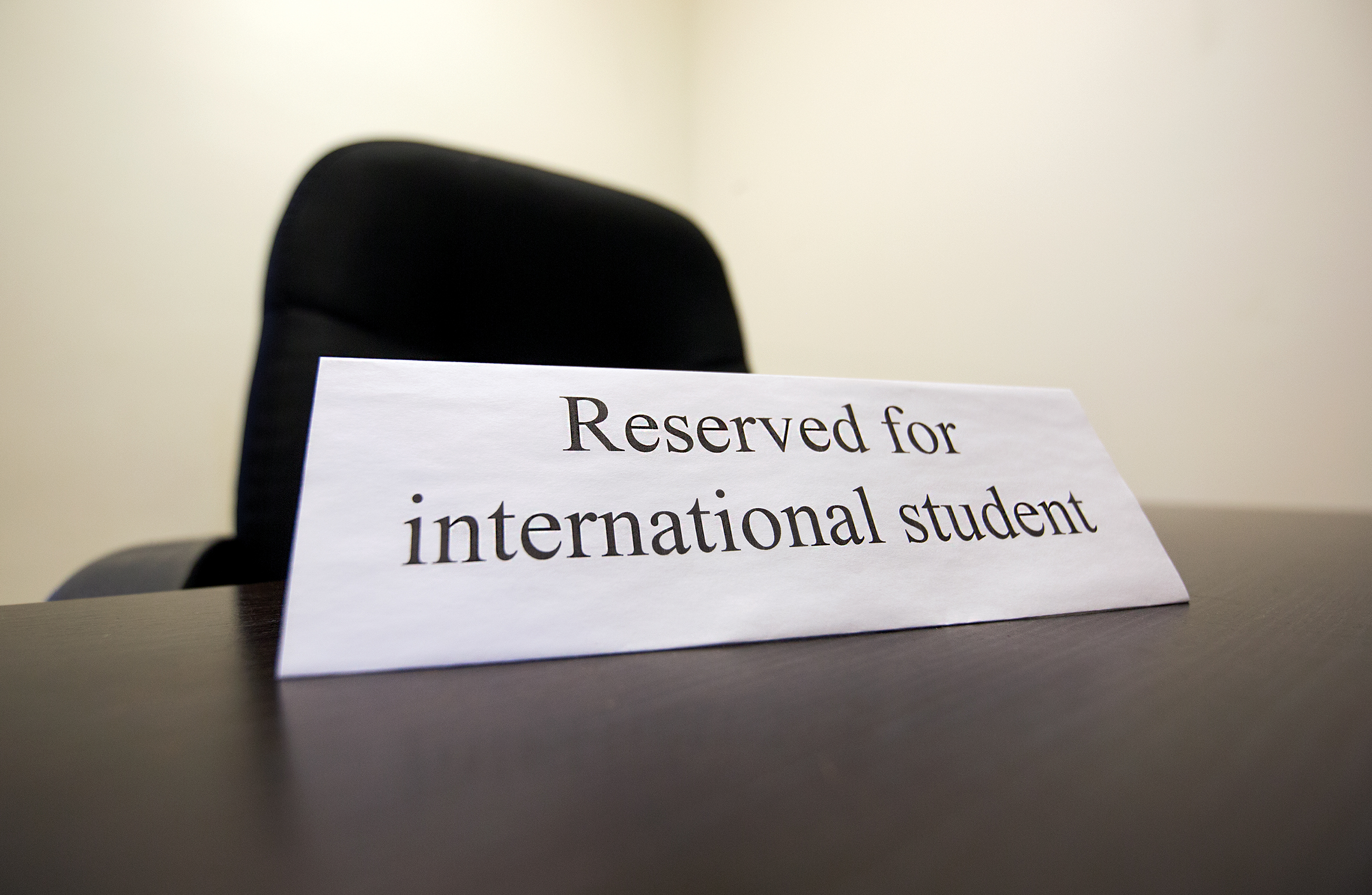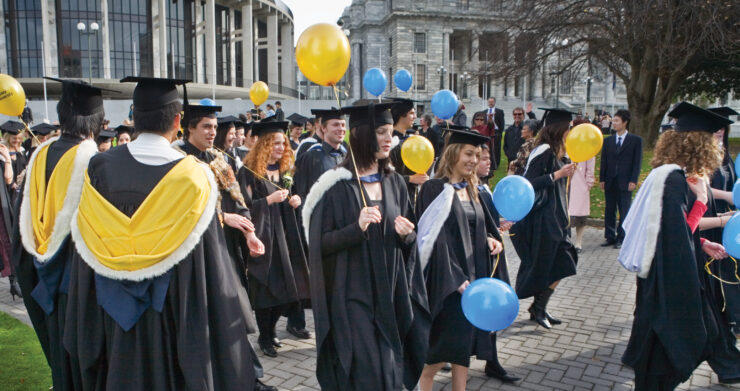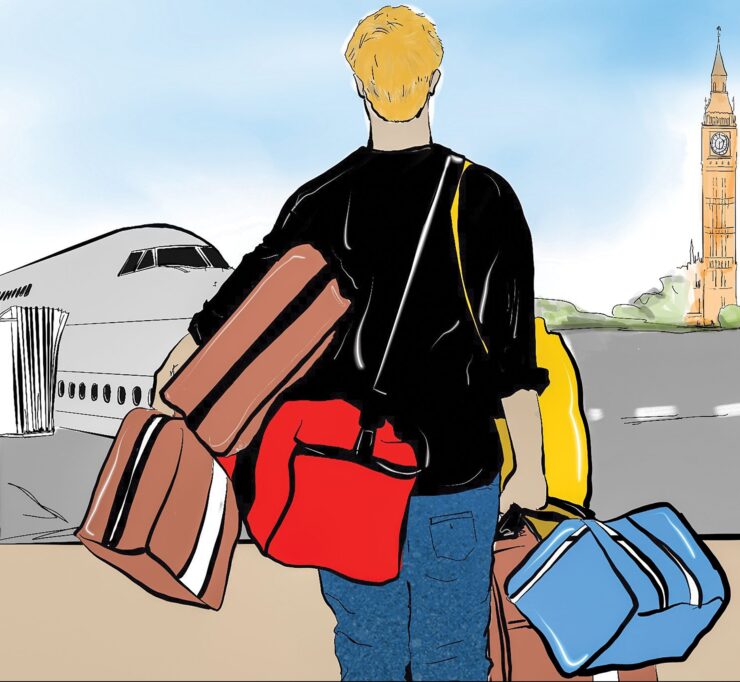Some international students at the University of Ottawa say they feel “without power” and like “cash cows” after the university announced it will increase their tuition by 12 per cent in the upcoming fall semester.
The hike means the typical undergraduate international student will pay between $3,305 to $5,925 more a year, according to average tuition costs including incidental fees. Master and PhD students can expect to pay between $1,680 and $3,888 more.
International students make up 18 per cent of the overall student population, according to the U of O’s 2019-20 budget where the decision was approved.
Manish Kurreal, a biochemistry student from Mauritius, says the increase will add even more of a burden to his tight financial situation. While Kurreal said he paid $27,000 in tuition last year, lowered from $32,000 by the help of a $5,000 scholarship, he’ll pay now just over $30,000 as of the fall semester.
“I chose to study abroad … in order to do medical research, which is a pretty inexistent field in my country,” he said. Kurreal adds he picked the U of O because he thought it offered the best balance in terms of quality of education, location, price and culture.
“I understand the university is trying to make back its money … but when you look at something like that, you feel like you don’t have any power,” he said.
U of O spokesperson Isabelle Mailloux-Pulkinghorn says the university looked to a number of measures when deciding to increase fees, including “access to education, competitiveness, overall financial situation (and) provincial legislation,” she wrote in an emailed statement. “The university remains confident that current fees strike the proper balance among those variables.”
Mailloux-Pulkinghorn added the university has put in place a framework capping maximum potential increases for returning international students at 5.5 per cent.
She also cited the provincially-mandated 10 per cent tuition decrease for domestic students which also comes into effect in the fall semester. The policy will leave the U of O with a $33 million and $45 million shortfall in the 2019-20 and 2020-21 academic years respectively.
Dasser Kamran, a third-year management student in the Telfer School of Management living in Saudi Arabia, says he understands the university’s drive to keep prices lower for domestic students but still feels undercut.
“The international students are like the cash cows for the university because they know a lot of (students from abroad) can afford it,” Kamran said. “What other options do these people have?”
Mana Khosrowshahi, a conflict studies and human rights student from Iran, said she paid about $40,000 in tuition last year. Come September, her fees will hover around $45,000.
“The worst part for me is less financial aid and fewer scholarships are available to international students, so we pay more, but don’t actually have enough resources to help us pay,” she said.
Khosrowshahi added the difference in currency values between Canada and countries overseas, such as Iran, adds to the struggle. She worries if tuition fees continue to rise they’ll snowball into a major deterrent for international students to study in Canada.
Some student groups on campus also expressed their concern at the tuition hike, including the Lebanese Cultural Club.
Alina Najm, the club’s vice-president of social affairs, highlights how it can be difficult for international students to find space in the community and settle in Canada. She’s worried the tuition increase could add to this barrier.
Najm hopes the tuition hike won’t push students away from the U of O and Ottawa, which she says both offer “amazing atmospheres” for international students.
“Tuition for international students is already significantly higher than that of the average Canadian student and (we) recognize how this change could potentially push away prospective students,” the AfriqCan Club UOttawa wrote in a statement to the Fulcrum. “Increasing tuition only serves as an additional obstacle for our fellow international students.”
The statement added international students in the club had yet to be officially notified of the upcoming tuition increase.
The Iraqi Student Association of Ottawa raised similar issues.
“(We) depend on the healthy balance between Iraqi international students and Canadian Iraqis, and we hope this change does not deter international students from experiencing uOttawa,” the association wrote in a statement to the Fulcrum.





